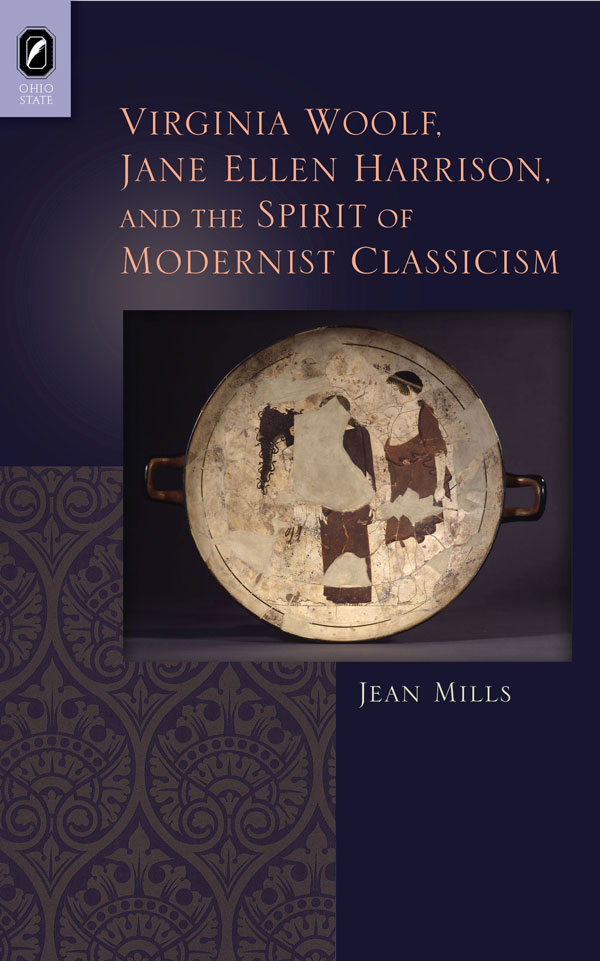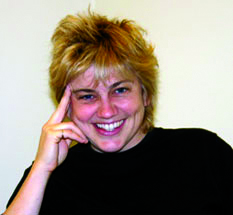Virginia Woolf, Jane Ellen Harrison, and the Spirit of Modernist ClassicismJean MillsClassical Memories/Modern Identities |
 3/6/2014 Literary Criticism/ 192 pp. 6x9 
$69.95 cloth 978-0-8142-1252-3 Add cloth to shopping cart $21.95 paper 978-0-8142-5298-7 Add paper to shopping cart $14.95 CD 978-0-8142-9353-9 Add CD to shopping cart Shopping Cart Instructions Review/Change Shopping Cart & Check-out | |||
|
Explore More |
“Jean Mills’s writing and presentation are excellent, with the focus for each chapter stunningly presented. The archival work alone makes this work highly important to Woolf scholars and to modernists.” —Georgia Johnston, Saint Louis University In a work that re-investigates archival materials and deploys an innovative theoretical framework, Jean Mills explores the intellectual and political relationship between Virginia Woolf and the Cambridge classicist Jane Ellen Harrison. Virginia Woolf, Jane Ellen Harrison, and the Spirit of Modernist Classicism discovers an intimate connection crucial to Woolf’s professional identity and intellectual and artistic development in Harrison’s controversial, feminist interpretations of Greek mythology. Mills argues that cross-reading Jane Harrison and Virginia Woolf exposes a distinctive relationship between two women intellectuals, one that does not rehearse the linearity of influence but instead demonstrates the intricacy of intertextuality—an active and transformative use of one body of writing by another writer—that makes of Virginia Woolf’s modernism a specifically feminist amplification. This cross-reading reveals a dimension of modernism that has been overlooked or minimized: Mills demonstrates that the questions preoccupying Harrison also resonated with Woolf, who adapted Harrison’s ideas to her own intellectual, political, and literary pursuits. To an extent, Virginia Woolf, Jane Ellen Harrison, and the Spirit of Modernist Classicism participates in an act of classical recovery. It is an effort to revive and reclaim Harrison’s work and to illustrate the degree to which her cultural, political, and scholastic example informed one of the major modernist voices of the twentieth century.
| |||


